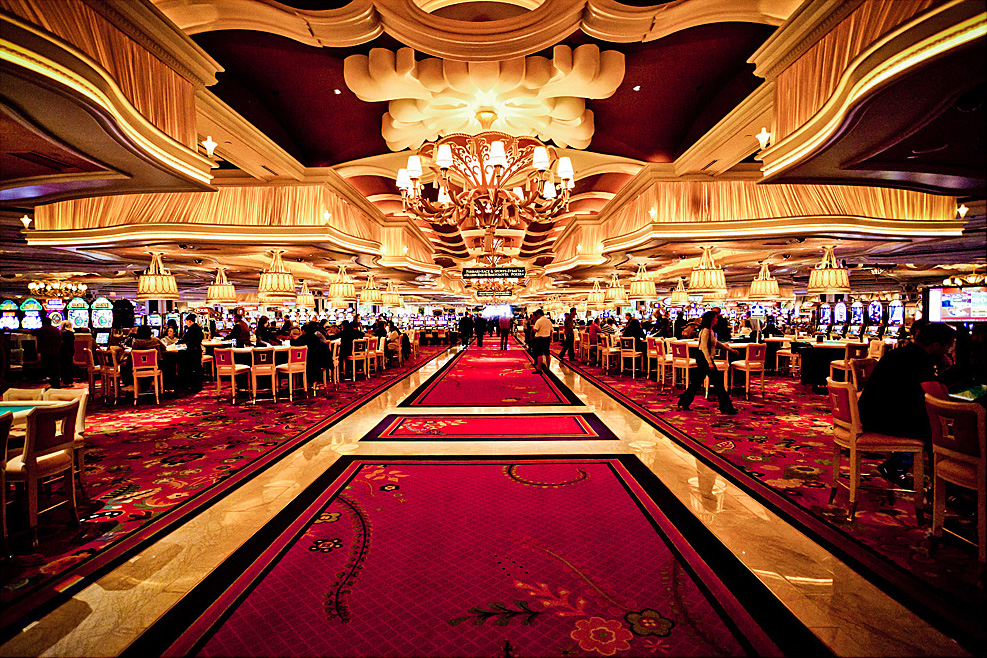Such appeal of gambling games has mesmerized huge numbers of people around the planet for centuries. From the turning wheel of fortune to the sound of dealing playing cards, the excitement of chance and skill merges to create an energetic atmosphere that attracts individuals in. These games are not just leisure activities; they have evolved into an valuable part of the leisure industry, evolving into a global phenomenon that covers opulent getaways, dynamic digital gambling spaces, and everything in between.
As the desire for unique and engaging experiences continues to expand, the narratives behind the triumph of casino games reveal a captivating landscape. Innovators and developers are constantly extending the boundaries of imagination and originality, leading to the rise of new games and immersive technologies. Investigating these accounts provides us understanding into the effort needed to create a gaming enterprise and the enthusiasm that motivates those operating behind the scenes.
The Development of Casino Games
Casino games have a robust history that dates back hundreds of years, with their origins frequently intertwined with historic ceremonies and social gatherings. The earliest forms of gambling can be connected back to ancient China, where games involving dice were played, and also to the Roman Empire who enjoyed betting on various occurrences. Over time, these rudimentary forms of entertainment evolved into better organized forms, leading to the establishment of titles including baccarat and roulette in the 17th century. These early gambling games laid the foundation for the field we witness today.
As the world advanced, so did the sophistication and variety of gambling options. The 19th century marked a crucial shift with the establishment of official gambling establishments in locations like Monte Carlo and Las Vegas. This era saw the rise of popular games such as poker and blackjack, which fascinated the imaginations of participants around the world. The growth of these games was driven by advancements in game design and the development of gambling laws that rendered the industry more regulated and attractive to the public.
The digital transformation in the final 20th and early 21st centuries changed the landscape of casino games yet again. The advent of the internet led to virtual casinos, enabling users to enjoy their beloved games from the comfort of their homes. This transition not only broadened the scope of casino games but also opened up new formats like live dealer games and mobile gaming apps. Today, the casino game industry continues to progress, with innovative technologies such as virtual reality and blockchain expected to transform the coming years of betting.
Effective Casino Game Development Strategies
The basis of a thriving casino game empire lies in the creation of captivating and innovative games that captivate players. A effective strategy requires thorough market research to grasp up-to-date trends and player preferences. By evaluating user feedback and watching high-performing titles, developers can recognize what resonates with players and what features are in demand. Including distinctive themes, diverse game mechanics, and aesthetically appealing graphics are essential to stand out in a competitive landscape.
Partnership is a further key element of winning game development. Assembling talented designers, programmers, and mathematicians ensures that games are not only visually captivating but also balanced in terms of gameplay. Encouraging clear communication among team members fosters creativity and results in innovative concepts. Moreover, connecting with players during the beta testing phase permits developers to gather precious insights that can enhance gameplay elements before the official launch.
Lastly, effective marketing strategies cannot be dismissed in creating a flourishing casino game empire. Crafting a captivating narrative around the game and utilizing social media platforms to create hype can significantly impact player acquisition. Offering deals, loyalty rewards, and engaging in community events can also enhance player retention. By blending strong development practices with savvy marketing, game developers can create an immersive experience that keeps players revisiting for further.
The Outlook of Casino Gaming
The landscape of gambling gaming is evolving rapidly, driven by developments in tech and evolving consumer tastes. Digital and mobile play is set to dominate the sector as more players seek convenience and access. Virtual reality and virtual reality are also entering into the casino experience, providing immersive settings that elevate classic gaming to a new level. As gamblers crave more interactive and entertaining interactions, casinos will need to change and evolve to keep their audience captivated.
Additionally, the integration of AI tech and information analysis will play a major role in shaping the future of casino games. đánh xóc đĩa online uy tín Casinos will leverage data to understand player behavior, personalize interactions, and improve client service. Personalization will become essential, as gamblers will want plays that modify to their preferences and play styles. As the gambling industry makes use of these insights, the development of new game types and elements will probably arise, keeping the gambling experience fresh and thrilling for all.
Moreover, the trend towards safe gaming is becoming increasingly significant. As regulators and players focus more on gambler well-being, casinos will need to introduce measures that promote safe gaming practices. This could include options that allow gamblers to set limits on their spending and time spent playing, as well as improved resources for those who may be dealing with gambling issues. By prioritizing responsible play, casinos can build trust with their customers and ensure a lasting future in the competitive landscape of casino gaming.
